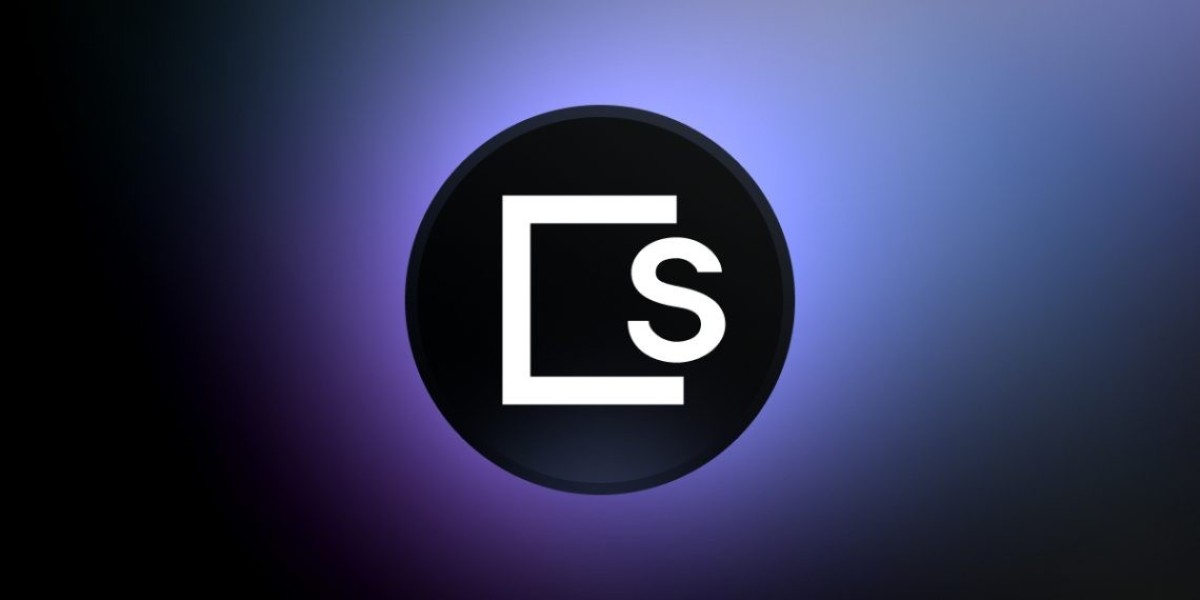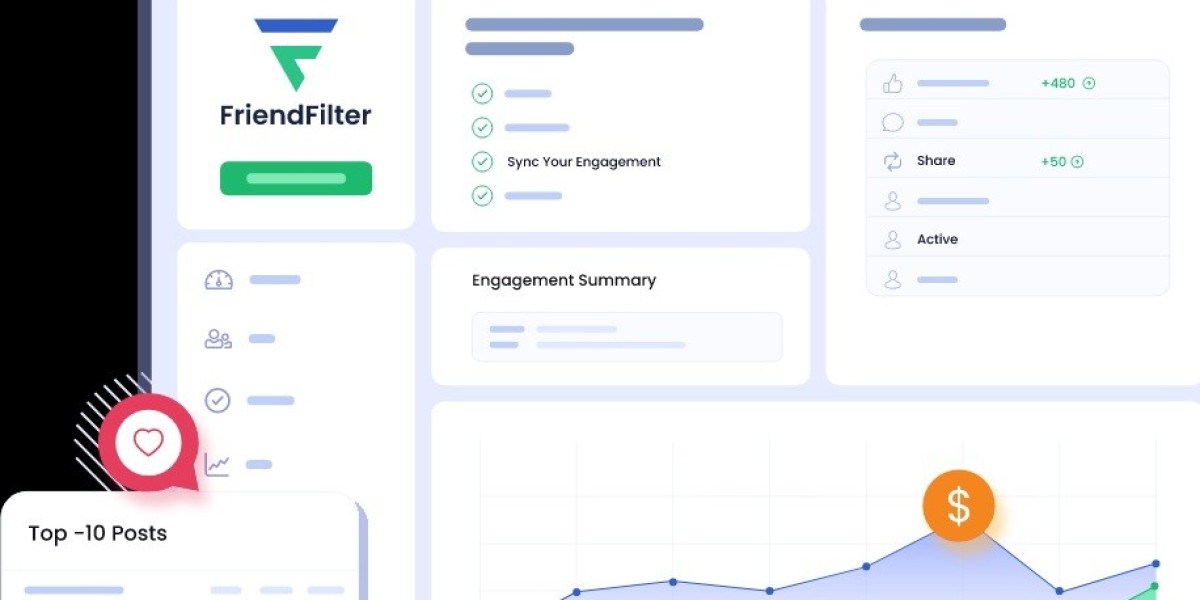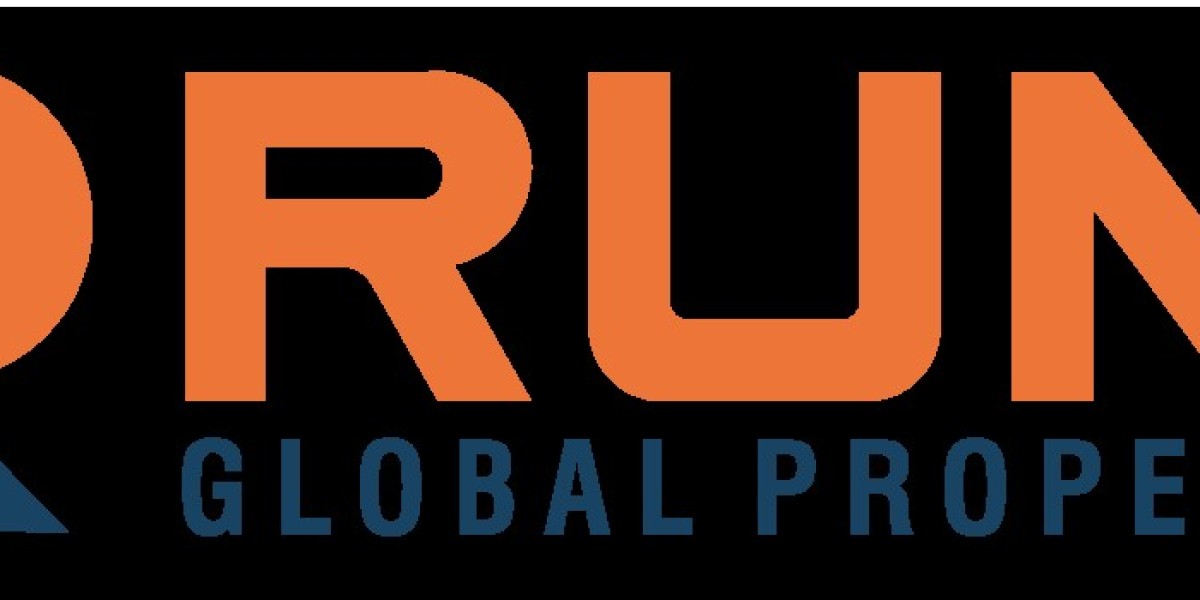How can we ensure that AI development remains transparent, fair, and aligned with public interests rather than the incentives of monopolistic tech giants? This is where decentralized AI governance enters the conversation, and platforms like SKALE AI are beginning to shape a new paradigm that shifts power away from centralized entities toward distributed communities.
Understanding Decentralized AI Governance
Decentralized AI governance refers to a system in which decisions about the development, training, deployment, and auditing of AI models are made through community consensus and distributed networks, rather than by a single organization. This governance structure aims to reduce bias, ensure transparency, and build ethical AI systems that are accountable to a broader audience.
This concept is gaining momentum in blockchain communities, where decentralized autonomous organizations (DAOs), on-chain voting, and public smart contracts have become tools for collaborative decision-making. However, incorporating AI into these ecosystems has presented numerous challenges—chief among them being scalability, transparency of model behavior, cost of compute, and accessibility of model training infrastructure. This is the problem that SKALE AI aims to address.
What is SKALE AI?
SKALE AI is a blockchain-native AI infrastructure integrated into the SKALE Network, a zero-gas, high-throughput, modular Layer 2 blockchain. It is designed to support decentralized applications (dApps), smart contracts, and now, increasingly, artificial intelligence workloads.
What sets SKALE AI apart is its capacity to deliver cost-effective, low-latency, high-speed computing environments that enable AI inference and training directly on-chain. Unlike traditional cloud-based AI platforms dominated by centralized providers like Google or AWS, SKALE AI allows developers and DAOs to deploy AI models and data sets on decentralized infrastructure, opening up new possibilities for AI governance.
Key Components of SKALE AI in Governance
Decentralized Model Deployment
In traditional AI systems, models are developed and deployed within private infrastructures, meaning the public rarely has insight into how decisions are made. SKALE AI allows developers to deploy models onto decentralized chains, making them open and auditable. This transparency is a fundamental requirement for ethical governance, enabling communities to inspect the structure, training data, and outcomes of these models.
For instance, consider a recommendation engine used in a decentralized social media platform. If deployed on SKALE AI, the logic behind recommendations can be fully traceable, allowing the community to audit whether biases exist and vote on changes or retraining based on more inclusive data sets.
On-Chain Voting and Community Input
SKALE AI integrates seamlessly with DAO frameworks, enabling on-chain governance over AI models. Token holders and users can propose updates to models, initiate retraining processes, or decide on deprecating a model entirely. This participatory model enables AI governance to be more democratic, ensuring that decisions aren't made solely by developers or core teams.
Community-driven curation mechanisms can also be used to rank or rate AI models based on performance, ethics, and fairness. For example, a DAO might vote to prioritize a healthcare diagnostic AI trained with diverse demographic data, thereby reducing algorithmic discrimination.
Gas-Free Transactions for Scalable Governance
One of the standout features of SKALE AI is its gas-free architecture. Unlike Ethereum or other Layer 1 solutions that incur high transaction costs, SKALE AI enables frictionless interaction with smart contracts. This is essential for governance, where frequent proposals, votes, and feedback loops are necessary.
With SKALE AI, DAOs and dApp users can interact with AI governance mechanisms at scale without worrying about the cost of participation. This is especially important in global communities where access to capital is uneven, ensuring inclusive participation from underrepresented regions.
Real-Time AI Inference and Decision Auditing
Many governance decisions depend on real-time or near-real-time AI inference. For example, a decentralized financial (DeFi) platform might rely on an AI model to detect anomalies or potential market manipulations. SKALE AI’s low-latency environment supports fast inference, allowing immediate feedback loops while maintaining decentralization.
Moreover, the decision outputs from AI models can be logged immutably on-chain. This auditability means that if an AI model flags a transaction as suspicious, the community can trace the rationale and determine whether the model behaved fairly, enhancing accountability.
Interoperability with Other Decentralized Protocols
Another benefit of SKALE AI in the context of governance is its interoperability. It can interface with decentralized data oracles, identity systems, and privacy-preserving tools like zero-knowledge proofs. This ecosystem integration enhances AI governance in several ways.
For example, if a governance model requires verified identity inputs or demographic-based fairness checks, SKALE AI can work in tandem with decentralized identity solutions to anonymize yet verify inputs. Similarly, integration with oracles can help enrich AI training data in real time without compromising decentralization.
Use Cases of SKALE AI in Governance Frameworks
Ethical Content Moderation
Decentralized content platforms are faced with the challenge of moderating harmful content without infringing on free speech. With SKALE AI, content moderation models can be deployed on-chain, with DAOs voting on keyword filters, visual flagging algorithms, or behavior scoring mechanisms. Moreover, users can appeal decisions or suggest updates to models based on community standards.
Decentralized Finance (DeFi) Risk Models
DeFi platforms need to assess creditworthiness, fraud risk, or market volatility. SKALE AI enables the deployment of decentralized risk models whose parameters are set or updated by DAO consensus. If a model is deemed to favor high-net-worth users unfairly, the DAO can retrain it or rebalance its weighting factors.
Public Sector Use and Open AI Models
Cities and governments exploring blockchain-based voting, citizen feedback, or traffic optimization can use SKALE AI to process data in transparent, decentralized ways. This could democratize public resource allocation, where AI-driven proposals—such as optimal locations for new schools or hospitals—are evaluated and adjusted by public input.
Personal AI Agents and Sovereign Identity
SKALE AI could eventually power personal AI agents operating within decentralized ecosystems. These agents could negotiate contracts, filter information, or manage identity on behalf of users. Governance of these agents—what data they access, how decisions are made—can be structured through decentralized protocols using SKALE AI infrastructure.
Challenges and Considerations
While the potential of SKALE AI in decentralized AI governance is compelling, it is not without hurdles:
Model Complexity and Interpretability: Not all AI models are easy to interpret. Even if deployed transparently, the inner workings of deep learning models may be inscrutable to the average voter.
Data Privacy: Decentralization promotes transparency, but sensitive data (like healthcare or personal identity) must be protected. Balancing transparency and privacy is critical.
Community Engagement: Successful governance requires active participation. Voter fatigue, low turnout, or malicious manipulation could still affect decentralized decision-making.
Standards and Regulation: As decentralized AI governance gains traction, interoperability standards and regulatory clarity will be essential to ensure legitimacy and compliance with international norms.
The Road Ahead for SKALE AI
As more AI applications are built on-chain, the importance of reliable, scalable, and community-controlled infrastructure becomes paramount. SKALE AI is positioning itself as a cornerstone of this transformation. By enabling developers to build decentralized AI systems that are auditable, participatory, and high-performance, it provides a strong foundation for future-proof governance models.
Beyond the technical benefits, SKALE AI contributes to a philosophical shift. It moves us away from opaque black-box systems controlled by elite technologists and toward AI ecosystems that are governed by transparent rules, shaped by diverse communities, and aligned with collective values.
Whether used in democratic voting systems, decentralized insurance underwriting, or ethical content filtering, SKALE AI is at the forefront of redefining how intelligence is governed in an age of algorithms. As this infrastructure matures, it may prove to be one of the most important catalysts in the push for responsible, decentralized AI governance worldwide.








